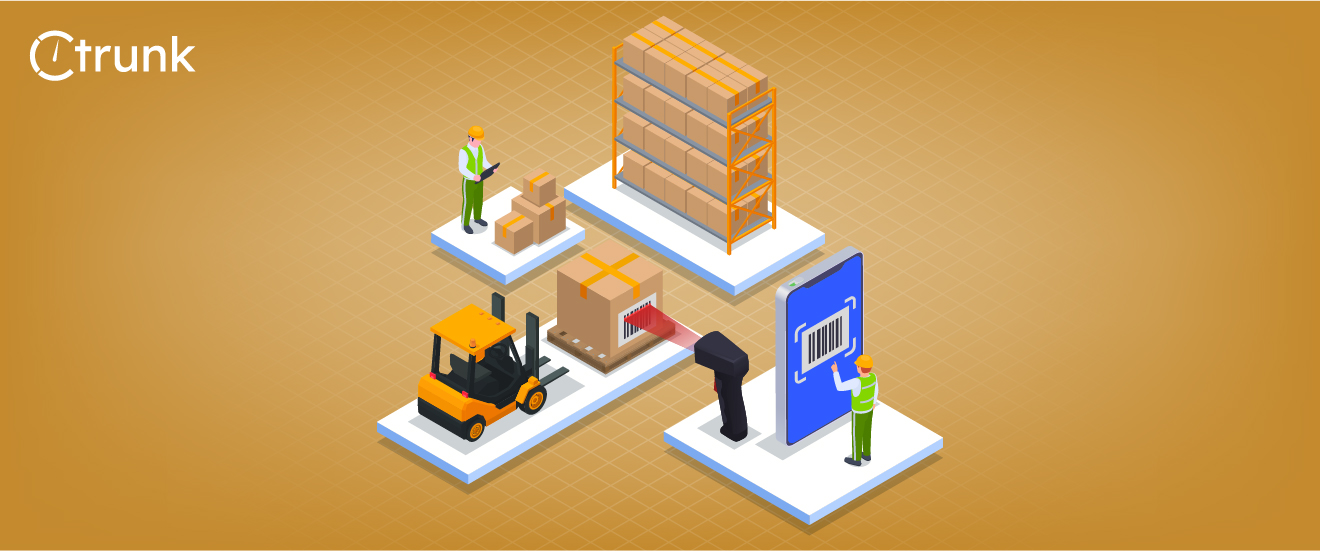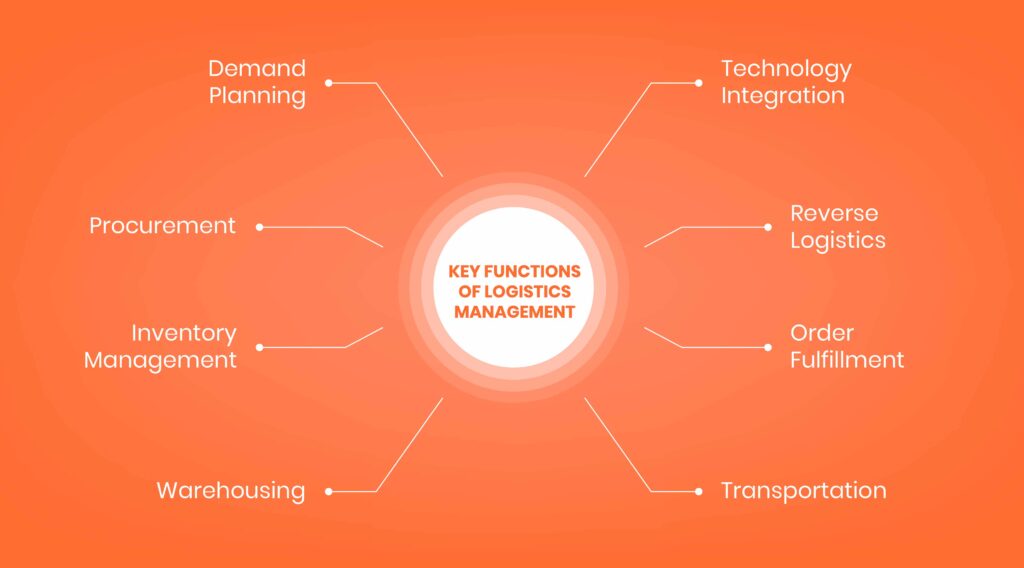Logistics Accounting: Best Practices To Follow

Logistics management plays a critical role in ensuring the smooth flow of goods and services from suppliers to customers. In today’s fast-paced business environment, optimizing logistics operations has become very crucial for organizations to gain a competitive edge. This article explores the key functions of logistics management and highlights the benefits, challenges, and best practices associated with them.
Logistics management functions encompass a range of activities involved in the planning, implementation, and control of the efficient and effective flow of goods and services. It facilitates the movement of products, raw materials, and information across the supply chain, ultimately contributing to customer satisfaction and organizational success. Efficient logistics management functions enable companies to meet customer demands, minimize logistics costs, reduce lead times, and enhance overall operational performance.

Demand planning is a crucial function of logistics management that involves forecasting customer demand and aligning it with production and inventory levels. By accurately predicting demand patterns, organizations can optimize their inventory levels, reduce stockouts, and improve customer service. Advanced forecasting techniques, data analytics, and market research play a vital role in demand planning.
Procurement involves the sourcing and purchasing of materials, equipment, and services required for operations. Effective procurement strategies focus on securing high-quality products at competitive prices, establishing strong supplier relationships, and ensuring timely delivery. By streamlining procurement processes, organizations can achieve cost savings, mitigate supply chain risks, and improve overall supplier performance.
Efficient inventory management is critical to balancing supply and demand. It involves optimizing stock levels, minimizing carrying costs, and ensuring product availability when needed. Organizations can improve working capital management and enhance supply chain responsiveness by implementing inventory control systems, adopting just-in-time practices, and leveraging technology solutions.
Warehousing plays a crucial role and is a major function of logistics by providing storage, handling, and distribution services for goods. Effective warehouse management involves optimizing space utilization, implementing efficient picking and packing processes, and ensuring accurate inventory tracking. By streamlining warehouse operations, organizations can reduce order fulfillment time, improve order accuracy, and enhance customer satisfaction.
Transportation is a key logistics management function responsible for moving goods between suppliers, manufacturers, distribution centers, and customers. Efficient transportation management involves selecting the appropriate mode of transportation, optimizing routes, managing carrier relationships, and ensuring timely delivery. By improving transportation efficiency, organizations can reduce costs, enhance delivery speed, and minimize environmental impact.
Order fulfilment encompasses the processes involved in delivering products to customers promptly and accurately. It includes order processing, picking, packing, and shipping activities. Streamlining order fulfilment requires effective coordination between various departments, automation of manual tasks, and real-time visibility into order status. Organizations can enhance customer satisfaction, increase order accuracy, and improve overall operational efficiency by optimizing order fulfillment.
Reverse logistics deals with the management of product returns, repairs, and recycling. It involves handling customer returns, managing warranty claims, and disposing of or refurbishing returned products. Effective reverse logistics processes help organizations reduce costs associated with returns, enhance customer satisfaction, and support sustainability initiatives.
Technology integration is essential for streamlining logistics operations. It involves the adoption of software systems, such as transportation management systems (TMS), warehouse management systems (WMS), and enterprise resource planning (ERP) systems. These technologies provide real-time visibility, automate processes, and enable data-driven decision-making, leading to improved operational efficiency and better customer service.
Streamlining logistics management offers several benefits to organizations:
Despite the advantages, streamlining logistics management poses certain challenges:
To achieve effective logistics management, organizations should consider the following best practices:
Streamlining operations through efficient logistics management is crucial for organizations to thrive in today’s competitive business landscape. By optimizing the above-mentioned key functions of logistics management, businesses can achieve operational excellence, reduce costs, and deliver superior customer experiences. Embracing best practices and addressing the associated challenges will enable organizations to stay ahead in the dynamic world of logistics.